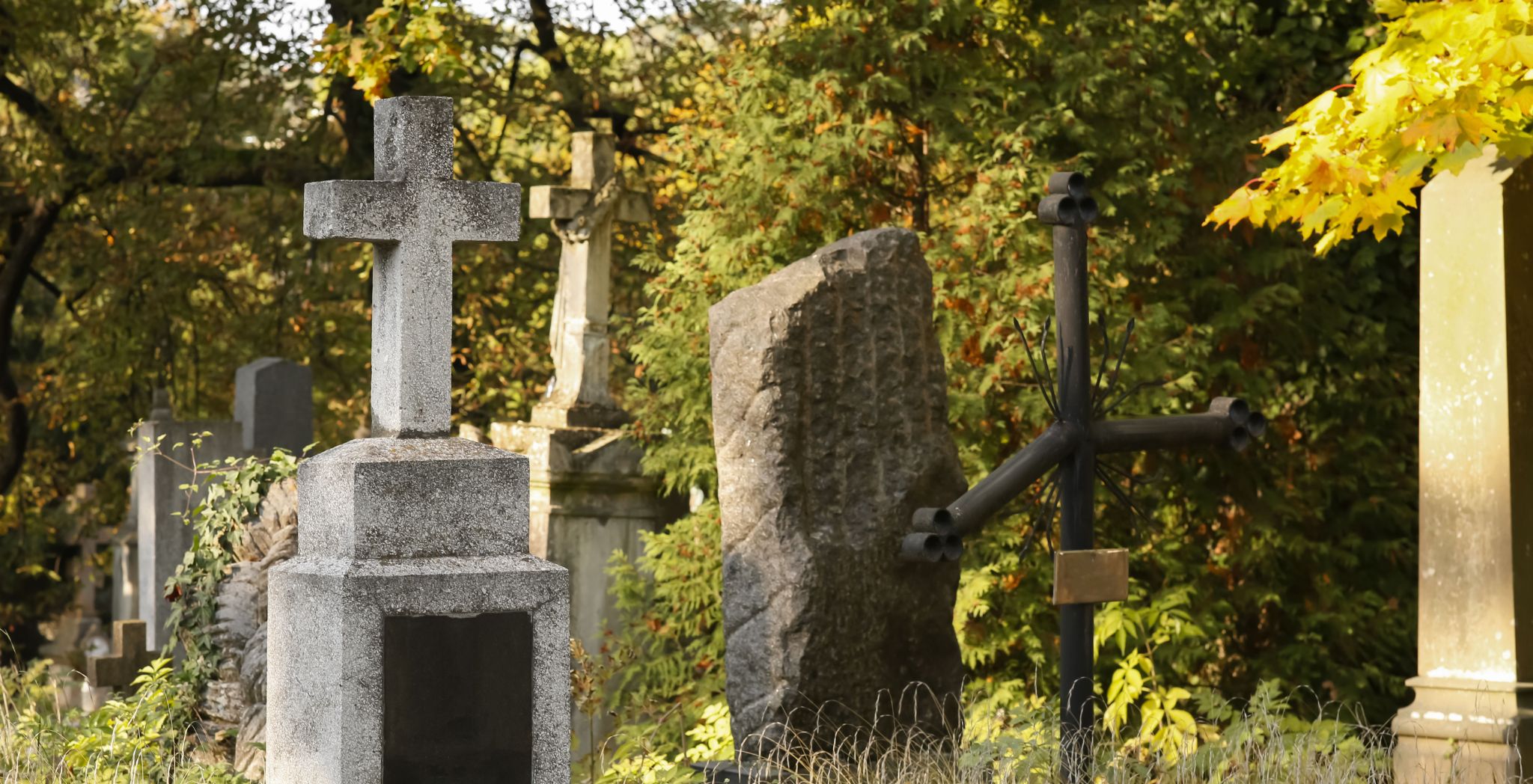
In the fabric of human existence, farewells mark significant passages. Funeral ceremonies, a poignant intersection of tradition and modernity, offer solace and remembrance amidst grief.
Swanborough Funerals, with its commitment to honouring individual legacies, stands as a beacon in guiding families through these solemn moments.
This exploration delves into the myriad aspects of funeral ceremonies, emphasising the diverse types, significance, rituals, shared memories, and symbolic elements, all within the context of Swanborough Funerals’ compassionate services.
Types of Funeral Ceremonies
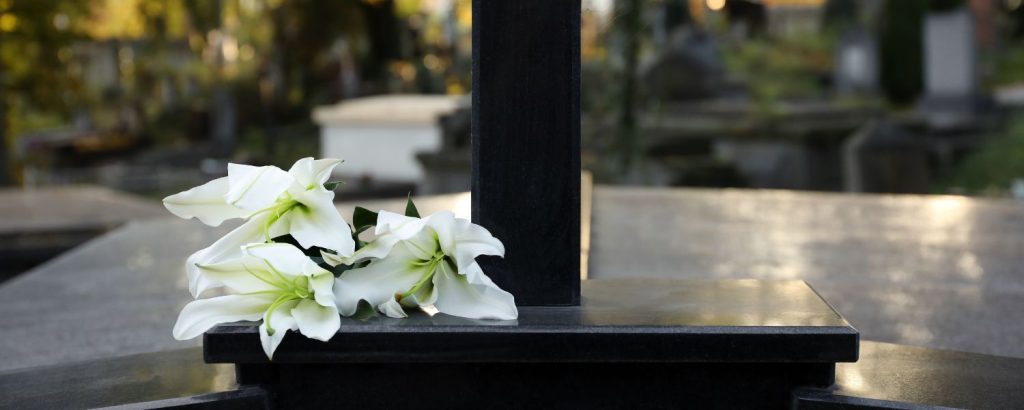
There are several types of funeral ceremonies, each with unique characteristics and cultural significance. Swanborough Funerals recognises the importance of offering various options to accommodate diverse needs and preferences. Some of the most common types of funeral ceremonies include:
1. Traditional Funeral
This ceremony follows a set format, including visitation or wake, funeral service, and burial or cremation. It often includes religious elements and rituals specific to the deceased’s faith or cultural background.
2. Memorial Service
It is similar to a celebration of life but is typically held after the burial or cremation. It allows friends and family to come together to remember and honour the deceased.
3. Graveside Service
A graveside service is held at the burial site and may be a standalone ceremony or part of a larger funeral service. It provides a more intimate setting for family and friends to pay their final respects.
4. Cremation Ceremony
For those who choose cremation, a ceremony can be held before or after the cremation process. It may include viewing the body, a funeral service, or a memorial service with the cremated remains present.
5. Green or Natural Burial
Increasingly popular, green or natural burials focus on environmentally friendly practices. They may involve biodegradable caskets or shrouds and avoid embalming chemicals, allowing a more natural return to the earth.
6. Religious or Cultural Ceremonies
Funeral ceremonies often reflect the religious or cultural beliefs of the deceased and their family. These ceremonies may include prayers, rituals, and traditions that hold deep significance within their faith or culture.
7. Direct Burial or Cremation
Some families opt for a simple and immediate disposition of the body without a formal funeral ceremony. This can be a practical choice for those who prefer a more straightforward approach.
The Importance of Funeral Services
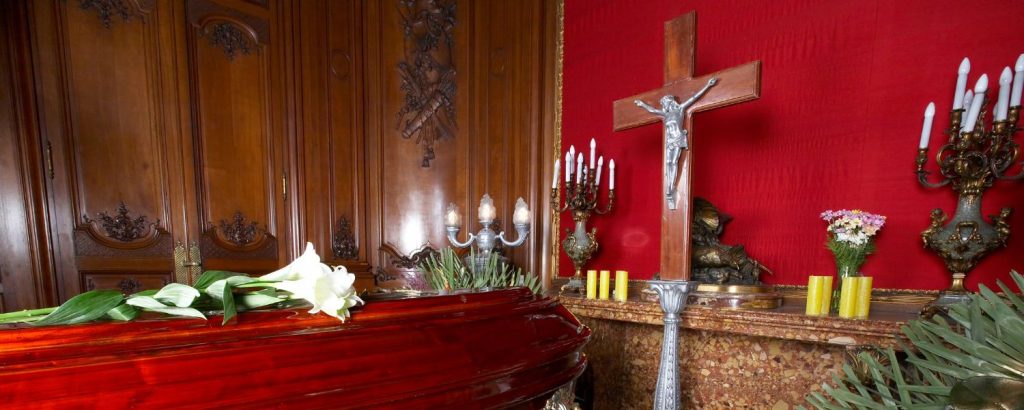
Funeral services play a crucial role in the grieving process and are an important part of the human experience. They provide a structured opportunity for family and friends to come together to mourn, remember, and celebrate the deceased’s life. Swanborough Funerals recognises the significance of these services and the comfort they can bring to those left behind. Here are some critical aspects of the importance of funeral services:
1. Honouring the Deceased
Funeral services provide a meaningful way to honour and respect the deceased’s life. They allow loved ones to come together to pay tribute, share memories, and express their love and appreciation.
2. Supporting the Bereaved
Funerals offer a supportive environment for the bereaved to express their grief and receive comfort from others. The presence of friends and family can provide a sense of community and solidarity during a difficult time.
3. Facilitating the Grieving Process
Funeral services provide a structured opportunity for the grieving process to begin. They allow individuals to confront the reality of the loss, express their emotions, and start the journey toward healing and acceptance.
4. Celebrating Life
While funerals are inherently sad occasions, they also provide an opportunity to celebrate the life and legacy of the deceased. Through stories, memories, and shared experiences, funeral services can be a meaningful celebration of a life well-lived.
5. Creating Lasting Memories
Funeral services create lasting memories for those in attendance. They allow friends and family to come together and share stories, photos, and mementoes that celebrate the deceased’s life.
6. Providing Closure
Funerals can provide a sense of closure for the bereaved, marking the end of one chapter and the beginning of another. They offer a symbolic way to say goodbye and begin moving forward.
Funeral plans for pensioners can be tailored to ensure that individuals in their senior years are provided with dignified and respectful farewells, acknowledging their unique needs and circumstances.
The Essence of Rituals and Traditions
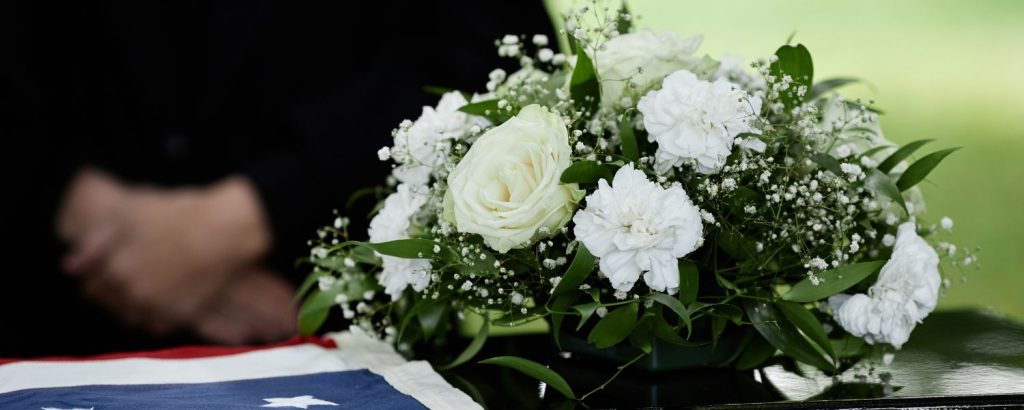
Rituals and traditions are integral to funeral ceremonies, imbuing them with deep meaning, symbolism, and cultural significance. They provide a framework for honouring the deceased, comforting the bereaved, and navigating the complexities of grief. Swanborough Funerals understands the importance of rituals and traditions in healing and embraces their role in creating meaningful farewells. Here’s an exploration of the essence of rituals and traditions in funeral ceremonies:
1. Providing Comfort
Rituals and traditions have a comforting effect on the bereaved, offering a sense of familiarity, continuity, and connection. They provide a tangible way to express grief, find solace, and navigate the emotional journey of loss.
2. Fostering Community
Funeral rituals unite family, friends, and community members in a shared expression of grief and support. They create a sense of unity and solidarity, reinforcing social bonds and providing mutual comfort and reassurance.
3. Marking Transitions
Rituals and traditions serve as symbolic markers of transition, helping individuals navigate the journey from life to death and beyond. They provide a sense of closure and continuity, acknowledging the end of one chapter and the beginning of another.
4. Preserving Cultural Identity
Funeral rituals are deeply rooted in cultural and religious traditions, reflecting the values, beliefs, and customs of a community. They serve as a tangible expression of cultural identity, heritage, and belonging, ensuring these traditions are passed down through generations.
5. Expressing Beliefs
Rituals and traditions offer a means of expressing spiritual, religious, or philosophical beliefs about life, death, and the afterlife. They provide a framework for grappling with existential questions and finding meaning and purpose in the face of loss.
6. Creating Sacred Spaces
Funeral rituals create sacred spaces where the ordinary boundaries of time and space are transcended. They provide a liminal space where the holy and the mundane intersect, allowing for moments of reflection, reverence, and transcendence.
The Power of Shared Memories
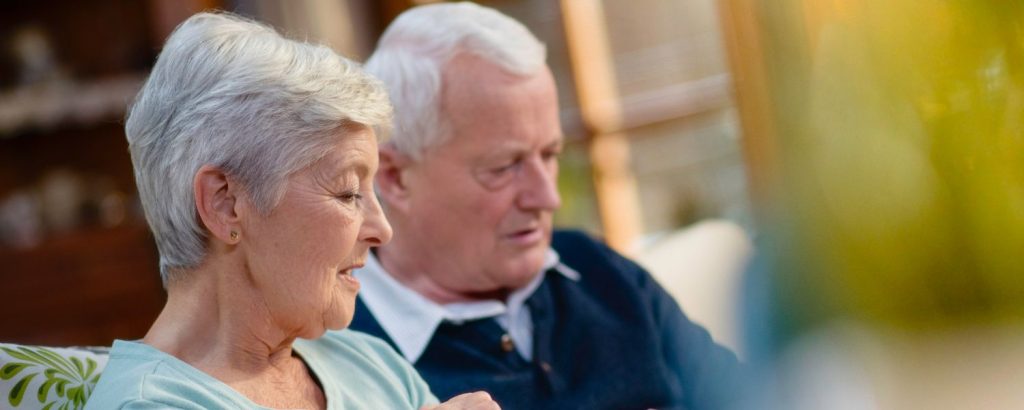
Shared memories are powerful in the grieving process, offering comfort, connection, and a sense of continuity. Funeral ceremonies provide a space for these memories to be shared, celebrated, and cherished, allowing loved ones to find solace in the shared experience of remembrance. Swanborough Funerals understands the importance of shared memories and their role in honouring the legacy of the deceased. Here’s an exploration of the power of shared memories in funeral ceremonies:
1. Creating a Sense of Connection
Shared memories bring people together, creating a sense of connection and unity in the face of loss. They remind us that we are not alone in our grief and that others share our memories and emotions.
2. Offering Comfort and Support
Sharing memories can provide comfort and support for the bereaved, providing a space to express emotions, find solace, and navigate the complexities of grief. It allows for sharing stories, laughter, and tears, creating a healing environment for all involved.
3. Building a Sense of Community
Funeral ceremonies bring together family, friends, and community members in a shared experience of remembrance. Shared memories create a sense of community and solidarity, fostering mutual support and understanding.
4. Finding Meaning in Loss
Shared memories can help individuals find meaning and purpose in the face of loss. They provide a way to reflect on the significance of the deceased’s life and their impact on others.
5. Healing and Transformation
Sharing memories can be a transformative experience, helping individuals process their grief and find healing. It allows for expressing emotions, sharing stories, and creating new memories that can help individuals move forward in their grief journey.
Symbolism in Ceremonial Elements
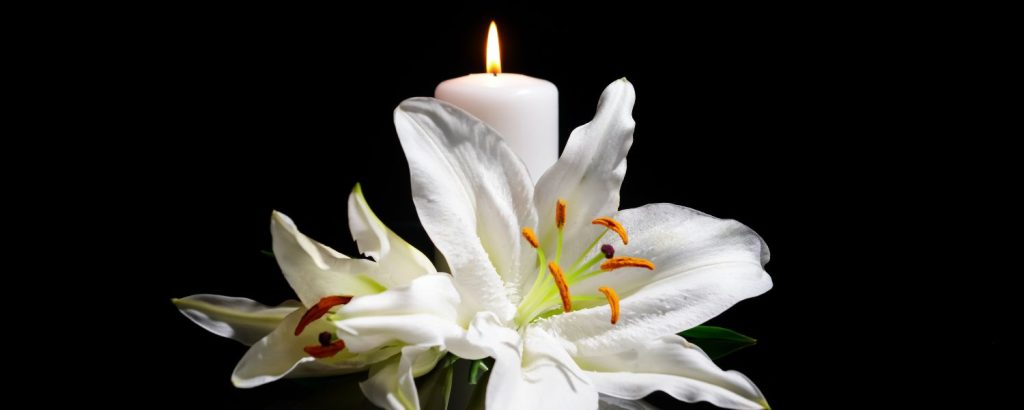
Every aspect of a funeral ceremony holds symbolic significance, offering layers of meaning to participants. From floral arrangements symbolising love and beauty to candle lighting representing the eternal flame of memory, Swanborough Funerals pays meticulous attention to these symbolic elements. Through funeral pre planning and the incorporation of personalised touches and meaningful symbols, ceremonies are transformed into profound expressions of love and remembrance.
In conclusion, funeral ceremonies are profound expressions of love, respect, and reverence. Swanborough Funerals, with its unwavering commitment to honouring individual legacies, ensures that each ceremony is a meaningful reflection of the life being celebrated. By embracing diverse traditions, facilitating pre-planning, and incorporating personalised elements, Swanborough Funerals transforms farewells into timeless tributes that resonate deeply with families and communities alike.
 "/>
"/>
